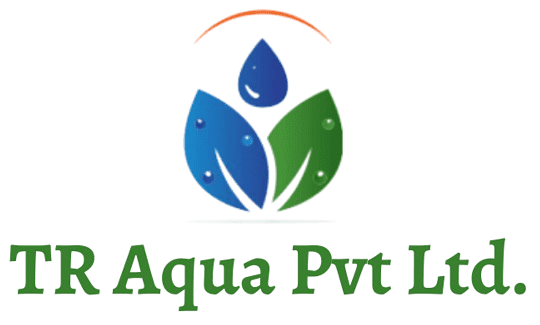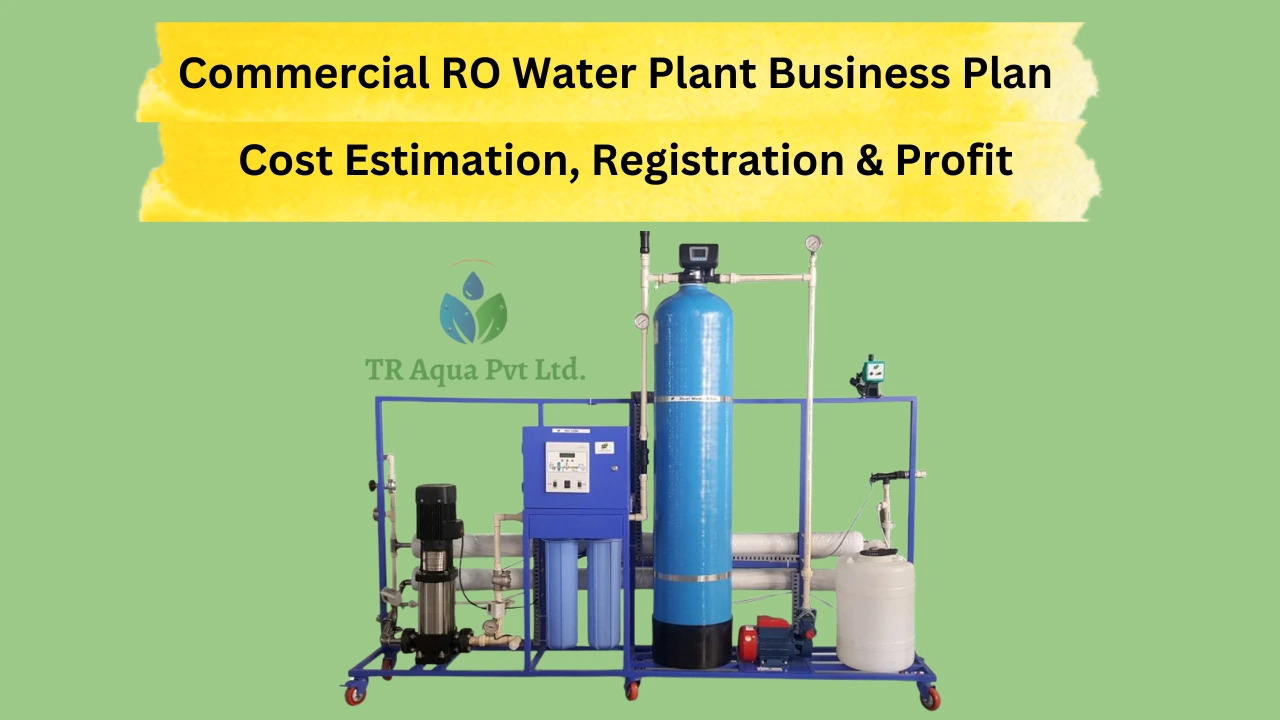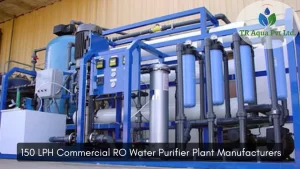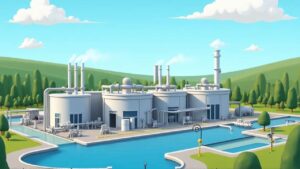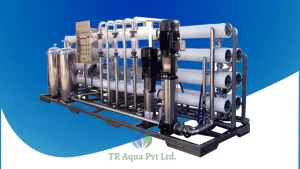If you are considering starting your own Commercial RO Water plant business in your city of India? Then read the full article because you are at the right place. As we are the leading consultant of water business, we can help you step by step in the process of starting a mineral water plant or bottled drinking water plant in India. In Indian small towns and cities due to water pollution & ground water level goes down, thus the need for pure and usable drinking water is growing exponentially. This RO water supply business became an evergreen business just because everyone wants to drink purified water. There is a place for everyone who wants to start their own business.
Also Read Us: Water Softener Plant For Apartment
1. Business Plan for a Commercial RO Water Plant
Before you start, it’s essential to have a solid business plan in place. Here are the key components that should be covered:
Market Research
Understanding the demand for purified water in your target market is critical. Analyze the local demand, identify your competitors, and explore potential clients, such as industries, hotels, schools, and residential communities.
Plant Location
Choosing the right location for your RO water plant is vital for logistics, accessibility, and water source availability. Proximity to a water supply source and ease of distribution can play a significant role in your plant’s success.
Technology and Equipment
The technology used for water purification is the heart of your RO plant. Depending on your capacity and market needs, you will need to invest in high-quality RO membranes, filtration systems, water softeners, UV sterilizers, and storage tanks. We offer customized RO plant solutions tailored to your needs, ensuring optimal performance and efficiency.
Water Treatment Process
The RO water purification process involves several stages:
- Pre-filtration: Removes large particles and sediments.
- Reverse Osmosis: Filters out impurities, salts, and chemicals.
- Post-filtration: Ensures the final water is free of contaminants.
- UV Sterilization: Eliminates any remaining bacteria or viruses.
2. Cost Estimation for Setting Up an RO Water Plant
The initial cost of setting up a commercial RO water plant depends on various factors, including the plant’s size, technology used, and the water supply source. Here’s a breakdown of the key costs involved:
Land and Infrastructure Costs
- Land acquisition: The cost of land will vary depending on the location.
- Building and infrastructure: Constructing the plant, storage tanks, and associated infrastructure.
RO System and Equipment
- RO Unit: A commercial RO unit can cost anywhere between INR 2 lakh to INR 50 lakh, depending on capacity and features.
- Water treatment chemicals: Used for cleaning membranes and improving water quality.
- Pumps, storage tanks, and filtration equipment: Cost varies based on capacity and quality.
Operational Costs
- Labor: Skilled technicians, engineers, and administrative staff are required for smooth operations.
- Electricity: RO plants consume a significant amount of electricity, especially for high-capacity units.
- Maintenance: Regular maintenance of the RO system and equipment to ensure optimal performance.
Miscellaneous Costs
- Legal and Registration Fees: More on this in the next section.
- Marketing and Distribution: For reaching out to clients and distributing the purified water.
3. Where and How to Register for Commercial RO Water Plant Business
Now you have an idea about all the basics of Mineral Water Plant Business. Now a major question is how and where to register for commercial ro water plant business? Yes we are with you for this; you need to register yourself as a firm or company to get name identification of water business brands. And your product is for human consumable liquid so you have to register, and get approval from BIS (Bureau of Indian Standards).
Water Testing & Licensing
Before starting your RO plant, the water source must be tested to ensure it meets the required standards. You may need to obtain a Pollution Control Board (PCB) clearance and a Water Supply License from the local authorities.
FSSAI License
To legally sell purified water, you need to obtain an FSSAI license (Food Safety and Standards Authority of India), which ensures that the water meets the required quality standards for human consumption.
Other Permits
- NOC (No Objection Certificate) from local authorities.
- Panchayat or Municipal Corporation approvals.
- Water abstraction license, if drawing water from public sources.
4. Profitability of a Commercial RO Water Plant
The profitability of an RO water plant depends on factors such as the scale of operations, the pricing model, and the efficiency of the plant. On average, a well-established Commercial RO plant can generate substantial returns.
Revenue Generation
The main revenue stream for your RO water plant will come from selling purified water. This can be sold in bulk to various industries, hotels, institutions, or directly to consumers through bottled water or bulk supply.
Cost Recovery and Profit Margins
- Initial Investment Recovery: The initial cost can be recovered within 2-3 years, depending on the scale and demand in your area.
- Profit Margins: The profit margins for RO water plants are typically high, as the cost of producing purified water is relatively low compared to the selling price.
With efficient operations, regular maintenance, and marketing, an RO water plant can become a highly profitable business. We assist you in optimizing your plant’s performance and maximizing profitability by offering top-notch equipment and technical expertise.
Conclusion
Starting a commercial RO water plant is a lucrative business opportunity that not only provides essential clean water but also contributes positively to the environment. With proper planning, cost estimation, legal registrations, and strategic marketing, you can set up a successful business in the water treatment industry.
At TR Aqua Pvt. Ltd., we are committed to supporting entrepreneurs in establishing world-class RO water plants. We provide end-to-end solutions, from consultation and installation to maintenance, helping you achieve business success and provide clean, safe drinking water to communities.
